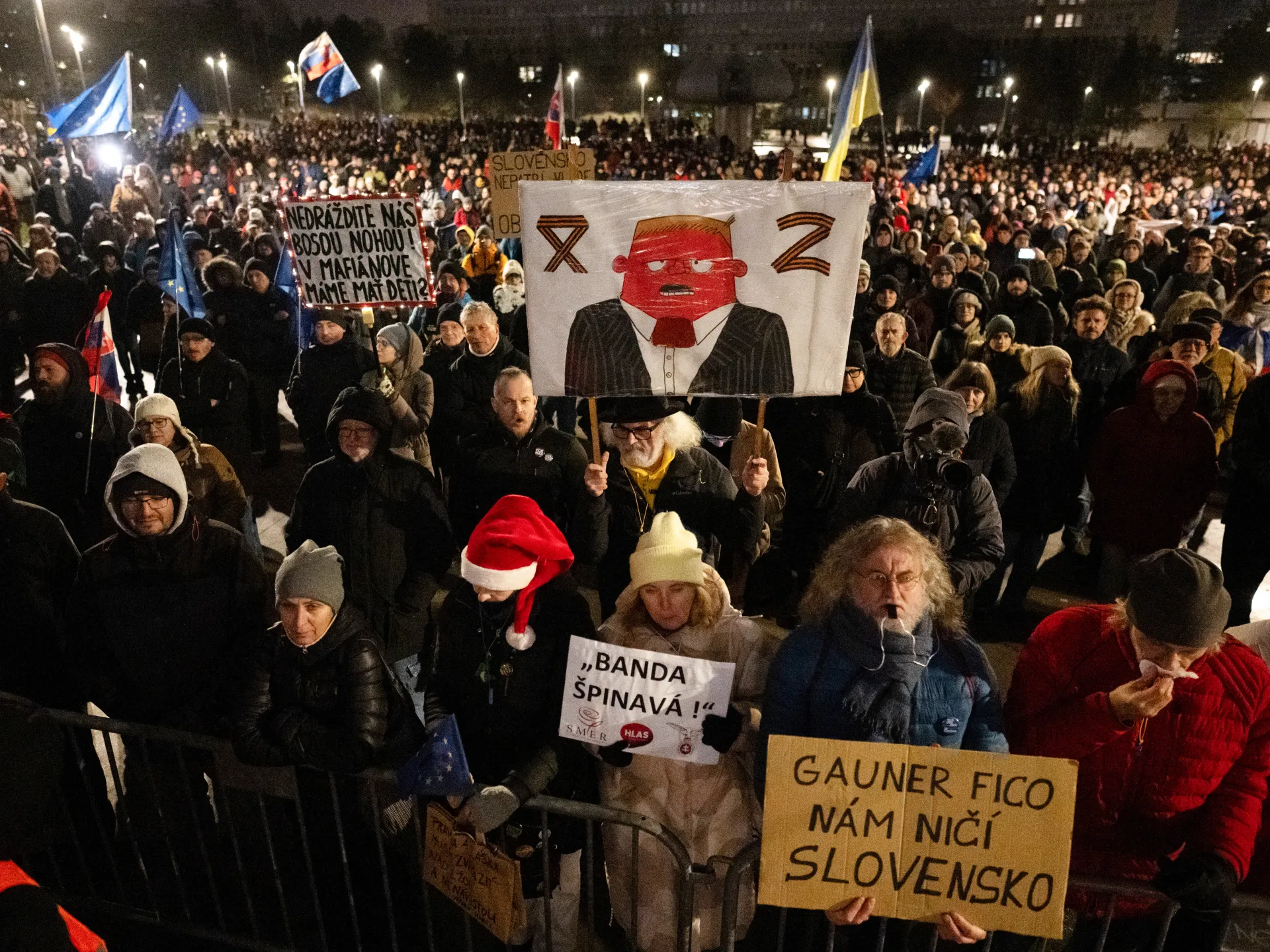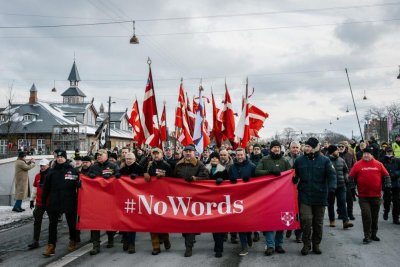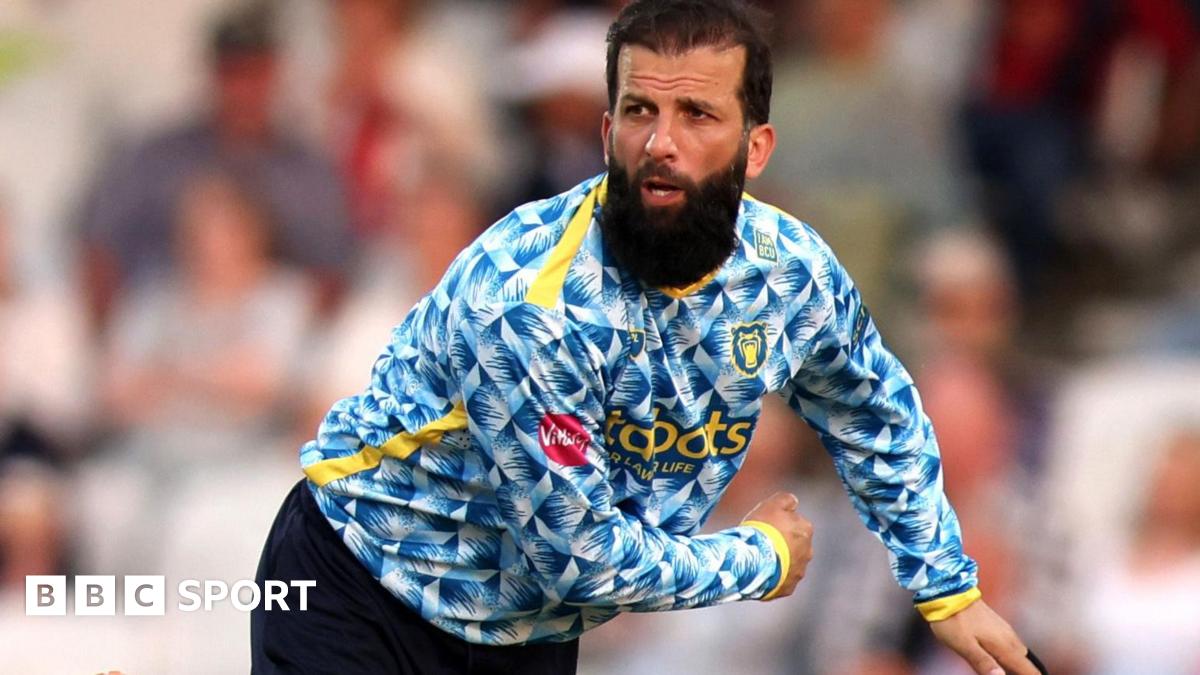Anticorruption efforts declining in democracies around the world: Watchdog | Corruption News
Transparency International says the average global score in its report is at its lowest level in more than a decade.
An anticorruption watchdog has warned in its latest report of worsening corruption in democracies around the world, with the score of the United States slipping to its lowest, raising concerns about developments in the US and the impact of its funding cuts around the world.
Berlin-based Transparency International (TI) said on Tuesday that the average global score in its 2025 Corruption Perceptions Index (CPI) had hit 42 on a scale of zero to 100, its lowest level in more than a decade.
Recommended Stories
list of 3 itemsend of list
The group’s index assigns a score between zero (highly corrupt) and 100 (very clean), based on data reflecting the assessments of experts and business executives.
US President Donald Trump, since returning to the White House early last year, has upended domestic and foreign politics while ramping up pressure on institutions ranging from universities to the Federal Reserve – the US central bank.
Fed Chairman Jerome Powell is currently under investigation by the Department of Justice (DOJ) after resisting pressure from Trump to reduce interest rates.
TI raised concerns over “actions targeting independent voices and undermining judicial independence” in the US.
“The temporary freeze and weakening of enforcement of the Foreign Corrupt Practices Act signal tolerance for corrupt business practices,” it said.
US ranking drops
The Trump administration’s gutting of overseas aid has also “weakened global anticorruption efforts”, it said.
The US’s CPI score has dropped to 64 from 65 in 2024, with the report noting that its “political climate has been deteriorating for more than a decade”. In the past 10 years, it has seen a drop of 10 points.
The report also said “the vast majority of countries are failing to keep corruption under control”, with 122 countries out of 180 posting scores less than 50.
However, it said 31 countries have improved significantly, highlighting Estonia (76 points), the Seychelles (68) and South Korea (63).
The US case illustrates a trend in democracies experiencing a “decline in performance” in battling corruption, according to the report, a phenomenon it also said was apparent in the United Kingdom and France.
While such countries are still near the top of the index, “corruption risks have increased” due to weakening independent checks, gaps in legislation and inadequate enforcement.
“Several have also experienced strains to their democracies, including political polarisation and the growing influence of private money on decision-making,” the report noted.
The worst-performing EU nations
The worst-performing countries in the European Union were Bulgaria and Hungary, both scoring just 40.
The report said the government of Hungary’s nationalist leader Viktor Orban, in power since 2010 and facing a tough battle for re-election in April, “has systematically weakened the rule of law, civic space and electoral integrity for over 10 years”.
“This has enabled impunity for channelling billions – including from European Union funds – to groups of cronies through dirty public contracting and other methods,” the report said.
The highest-ranked nation in the index for the eighth year running was Denmark with a score of 89, followed by Finland and Singapore. At the bottom were South Sudan and Somalia with nine points apiece, followed by Venezuela.
Among the more positive stories of progress in the report was Ukraine, which scored 36.
President Volodymyr Zelenskyy’s government has faced widespread public anger over corruption allegations against those close to him, even as the country has been at war with Russia for nearly four years.
However, the watchdog noted that “the fact that these and many other scandals are being uncovered … shows that Ukraine’s new anticorruption architecture is making a difference”.
It hailed the “civil society mobilisation” last year, which prompted Zelenskyy to backtrack in an attempt to curb the independence of anticorruption bodies.



